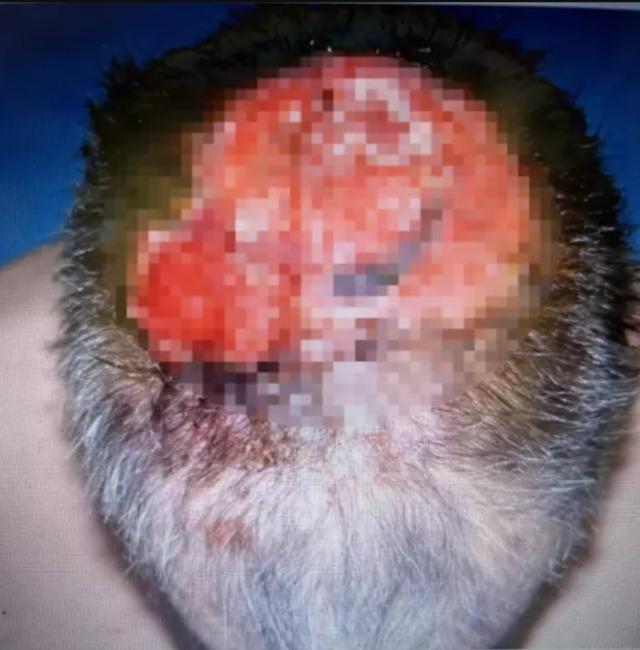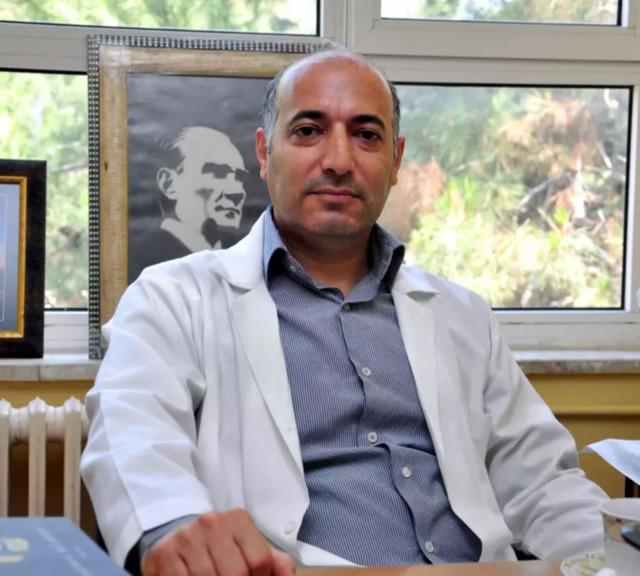Making a statement within the scope of Skin Cancer Awareness Month, Head of the Department of Plastic Reconstructive and Aesthetic Surgery, Prof. Dr. With the onset of sunny days, Erol Kesiktaş made warnings about light-skinned people, children and the elderly, especially those living in the provinces of the Mediterranean Region.
Stating that the biggest factor in skin cancer is exposure to sunlight, Prof. Dr. Kesiktaş said, “There are also genetic factors in skin cancer, but these are a small portion of the cases. We see it very frequently in our country, especially in the Mediterranean Region, which receives a lot of sun. These cases increase 2-3 times every 10-15 years. There is a type called deadly melanoma. “We have started to see it much more in recent years. Due to the deterioration of the ozone layer in the world, sunlight reaches the earth much more and in areas like ours that receive a lot of sun, this increases the risk of developing skin cancer,” he said.
SOLAR RAYS AFFECT 90 PERCENT
Pointing out that 90 percent of the cases are caused by sunlight, Prof. Dr. Kesiktaş said, “It is mostly seen on the face and hands that are exposed to the sun. Normally, small wounds may appear on our hands, face, and above our nose. But if these wounds are not skin cancer, they will heal on their own within two to three weeks. A wound that appears on the sun-exposed part of our body does not heal, it grows gradually.” “If there are bleeding foci on it and it looks like a wound, it is necessary to consult a specialist physician for skin cancer,” he said.
BEING LIGHT SKINned IS A RISK FACTOR

Underlining that having light skin is a risk factor in this type of cancer, Prof. Dr. Kesiktaş said, “Children with thin skin and people with light skin are most negatively affected by sunlight. Excessive exposure of children to the sun is a risk factor for developing skin cancer in the future. In places with plenty of sun, such as Adana, our people are exposed to sun exposure between 10:00 and 10:00. “It is extremely important to protect yourself from the sun as much as possible between 15:00 and therefore use an umbrella, hat or sunscreen,” he said.
IT THREATENS THE EYE AND BRAIN

Emphasizing that the basic principle of increasing the chance of treatment in skin cancer, as in all cancers, is early diagnosis. Dr. Kesiktaş said, “We make the diagnosis by looking at it, examining it under special devices, or by taking a small piece from it. The treatment is generally surgical. Surgically, that wound, the cancer, must be removed. Then the patient is followed for a long time. The smaller the cancer, for example, its diameter is less than one or two centimeters.” The chance of cure is much higher.

There is a nearly 100 percent chance of cure for some skin cancers. As it progresses, the chance of cure decreases. Cancers, especially those occurring on the face, can progress to vital organs if left untreated. It can threaten the eyes and brain. It can cause the loss of a person’s eyes or cause death if it enters the brain. That’s why early diagnosis is extremely important for skin cancer,” he said. (DHA)

